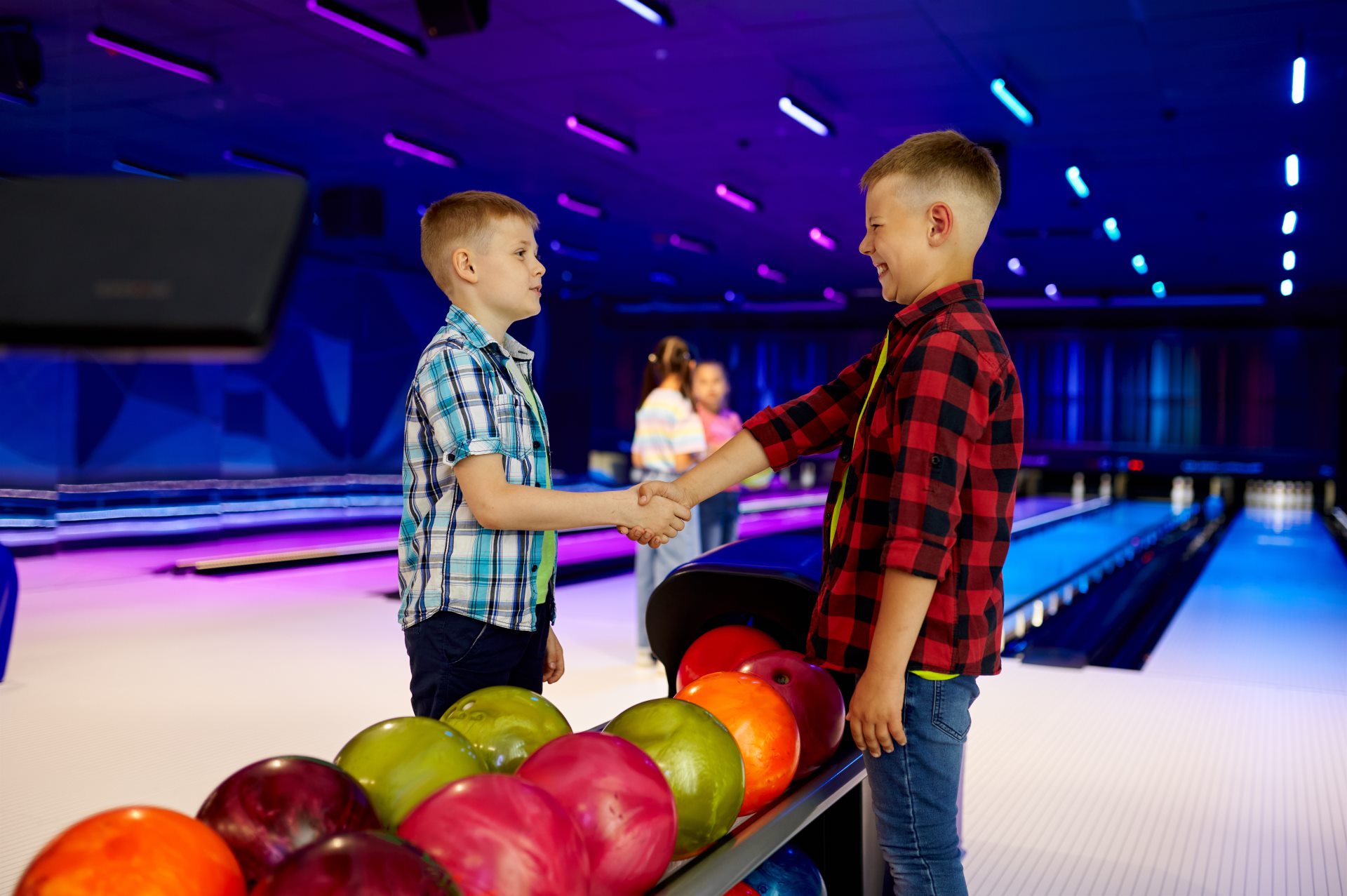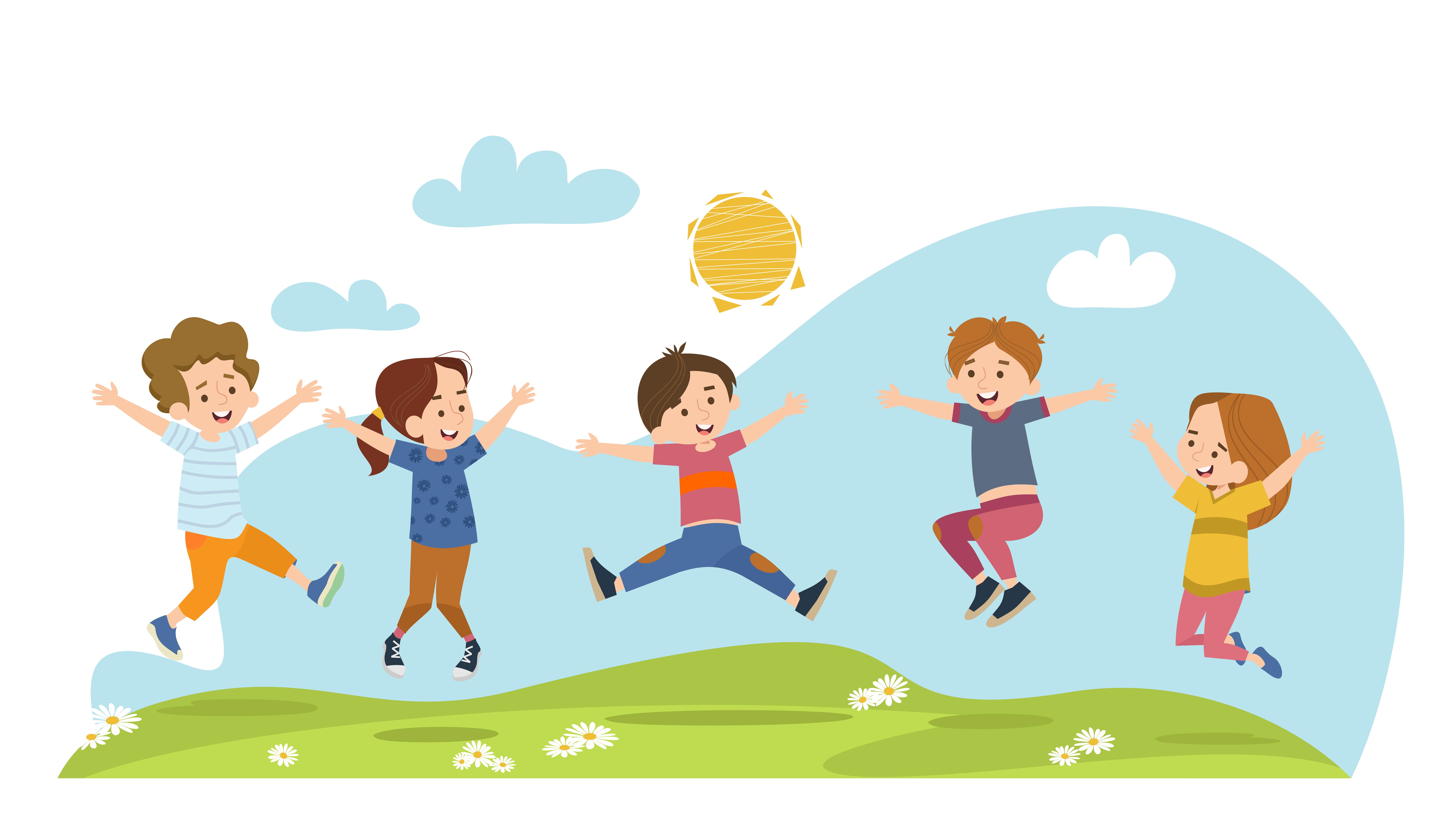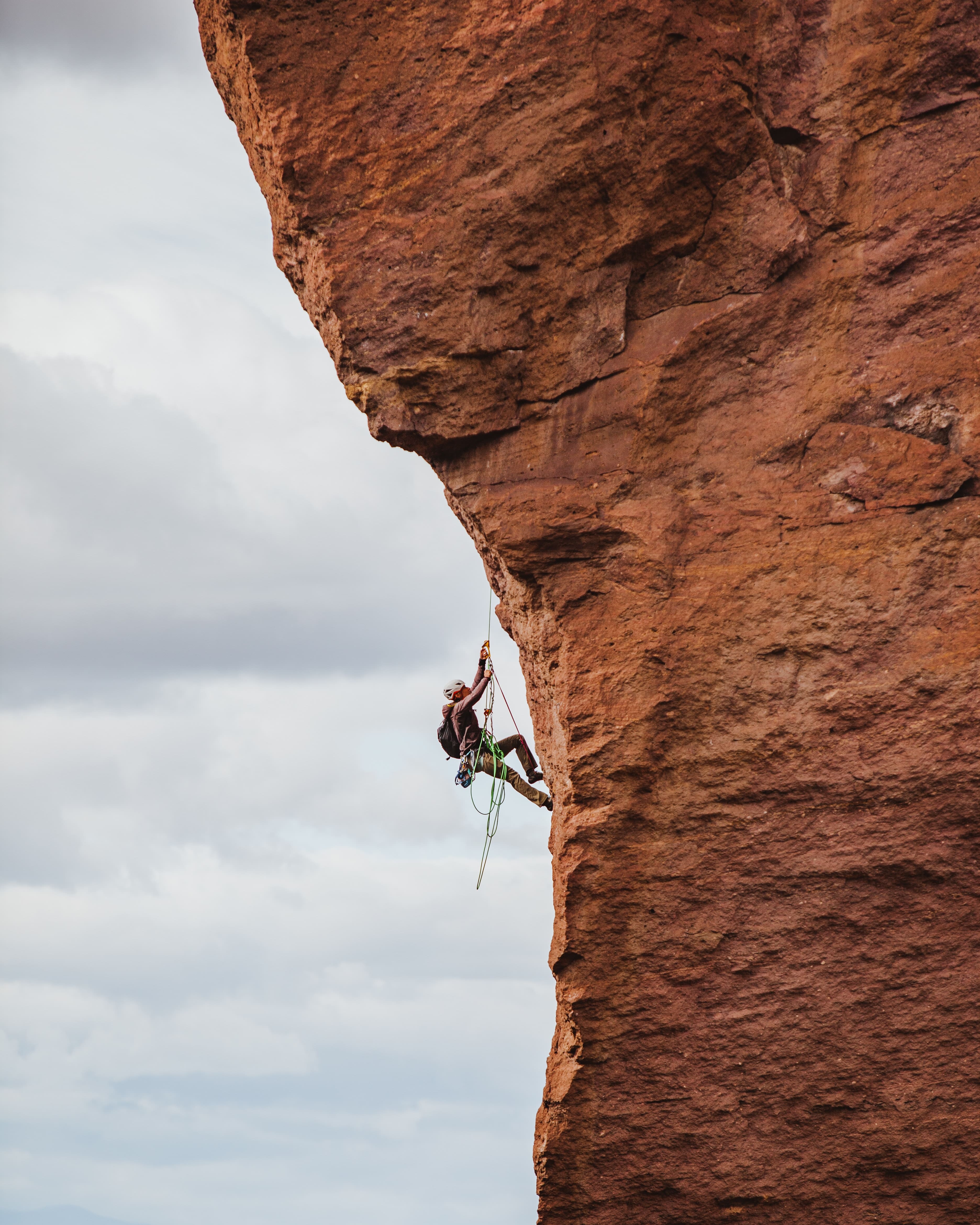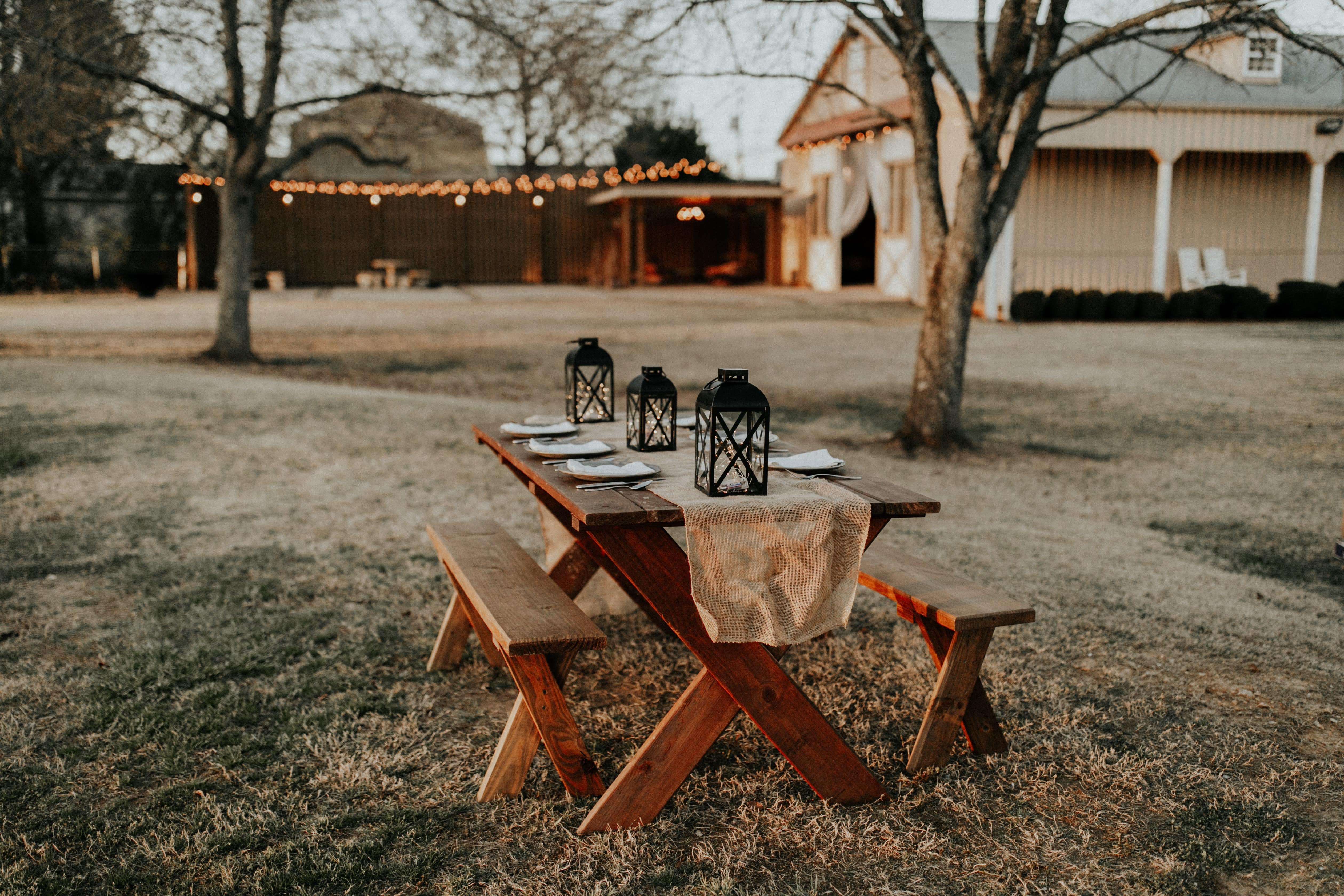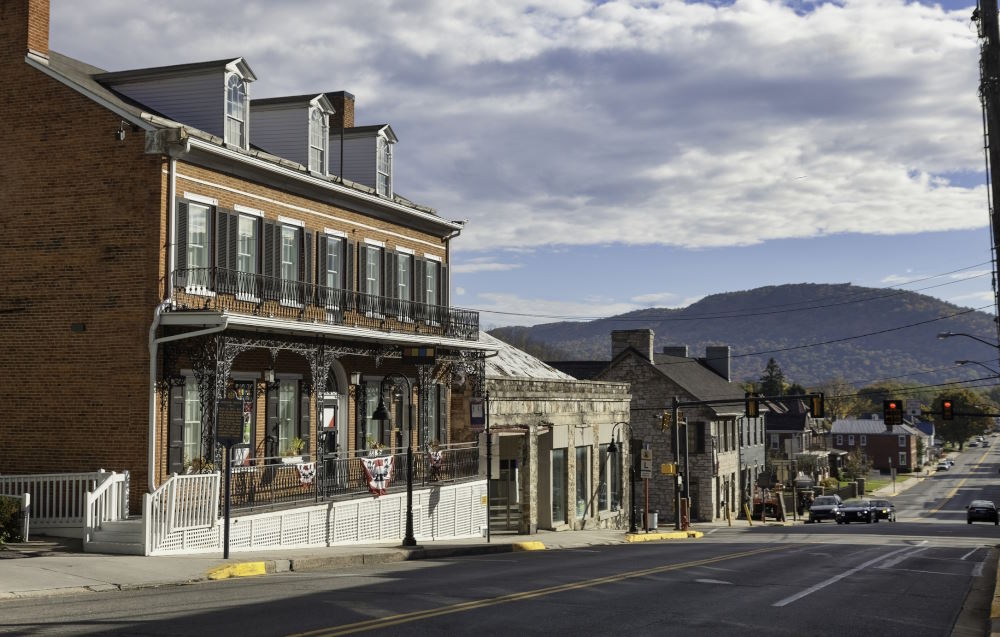
Kramer's Grill: Kids Friendly Restaurant in NEPA
Introducing Kramer's Grill, a family-owned and operated restaurant that offers a warm and welcoming atmosphere for the whole family to enjoy.
Let's dive into what makes Kramer's Grill a standout dining destination:
- Family-Owned and Operated: Kramer's Grill is owned by Brian and Kelsey Kramer and their daughter Maiya, ensuring a personal touch and a commitment to providing quality service.
- Quality, Great-Tasting Food: The menu features fresh ingredients and several unique, homemade recipes that cater to the whole family's diverse tastes.
- Family-Friendly Environment: The restaurant offers a warm and inviting ambiance, with a focus on creating a positive and memorable customer experience.
- Full-Service Dining: Kramer's Grill provides a full-service dining experience, ensuring that customers can sit back, relax, and enjoy their meal without any hassle.
- Commitment to Customer Satisfaction: The Kramer family is dedicated to providing exceptional service and ensuring that each customer leaves happy and satisfied with their dining experience.
Kramer's Grill: A Family-Friendly Destination for Quality Food and Exceptional Service
Kramer's Grill offers a unique blend of quality food, family-friendly atmosphere, and exceptional service, making it the perfect destination for a memorable dining experience.
Menu items include
- Onion Straws
- 12- Cut Bullalo Chicen Pizza (And over 15 other unique pizza's)
- Chili Cheese Fries
- Fried Pickle Spears
- Corn Bites
- Pretzel Sticks
- Stak and Cheese
- Slider Hoagies
- Chili Cheese Dogs
- BLT's
- Sausage and Peppers
- 5 Different Salads
- Build Your Own Sliders
- Wings
- Many Different Desserts
They have a great diversity of menu items!
Kramers Grill is a A Hub of Community Support, Community Commitment and Delicious Dining
Kramer's Grill is dedicated to giving back to the community and supporting local small businesses and outreach programs. Their partnerships and community involvement set them apart from other restaurants and demonstrate their commitment to making a positive impact. Let's take a closer look at what makes Kramer's Grill a standout community partner:
Community Engagement: Kramer's Grill is actively involved in supporting local small businesses and community outreach programs. They believe in giving back to the community that supports them.
Extensive Menu with Health-Conscious Options: Kramer's Grill offers a diverse menu that includes options for those with specific dietary needs, such as gluten-free and keto-friendly items. This demonstrates their commitment to providing inclusive dining options for all customers.
Partnerships with Local Businesses: Kramer's Grill collaborates with other local small businesses to offer a varied and dynamic menu that showcases the best of the community's culinary offerings.
Support for Outreach Programs: Kramer's Grill is dedicated to supporting local outreach programs, furthering their mission to make a positive impact on the community.
Through their community involvement, partnerships, and inclusive menu options, Kramer's Grill demonstrates their commitment to being an active and supportive member of the community.
Kramer's Grill
(570) 521-4372
100 South Main Street , Archbald, PA 18403


